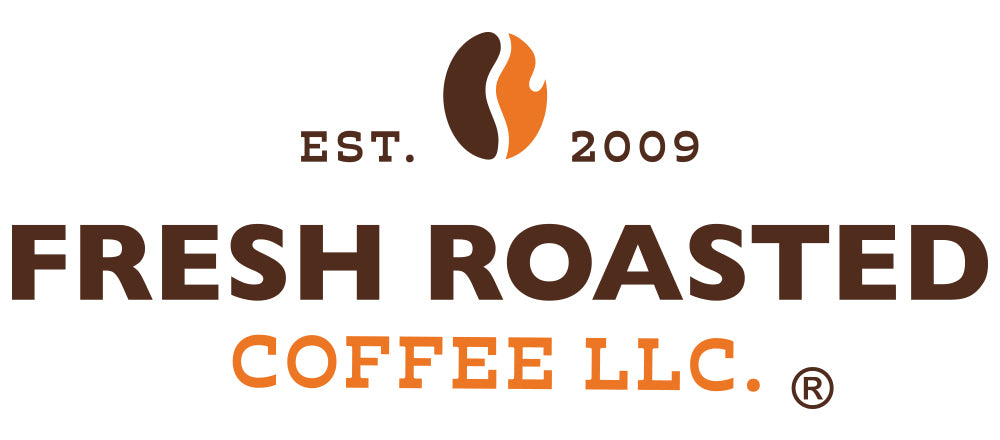From Lava to Lush Land
The current success of Balinese producers grew out of the catastrophic 1963 eruption of Gunung Agung, which swallowed communities and claimed over a thousand lives. To rebuild Bali’s shattered coffee ecosystem, the government enacted an island-wide coffee growing campaign. Their success fostered 7,500 hectares of Bourbon and Typica varieties, canopied by lush shade trees. To maintain the sanctity of the island’s crops, the use of pesticides is strictly prohibited, and all fertilizers must be 100% organic.
Coffee producers anticipate this commitment to environmental stewardship will help them attain advanced agricultural technology, which will, in turn, enhance the social and economic well-being of the Balinese people. Their organic and Rainforest Alliance certifications already put them in a good place to reach their goals.
Organic and Rainforest Alliance Certified
Their organic certification demonstrates the organization’s commitment to preserving and enhancing their water and soil quality (which often suffers with conventional, non-organic coffee). USDA Organic coffee also averages a .0255¢ increase per pound. With how much coffee is produced annually, this seemingly insignificant number can add up. The Rainforest Alliance Certified seal ensures that coffee is regularly audited to meet strict standards of social, environmental, and economic sustainability. These standards seek to promote and improve biodiversity, natural resource conservation, effective planning and farm management systems, and improved livelihoods and human well-being.
Washing and Drying
Balinese producers wet hull and dry the coffee in the sun on patios. Wet hulling, also known as giling basah, a process native to Indonesia, which tends to accentuate the coffee’s body, making for a more intense flavor profile. What separates washing from the wet hulling process is the moisture content of the bean—for wet hulling, the beans are have a higher moisture content, so more of the parchment sticks to the bean. The wet hulling process can be harder on the beans, but the whole process leads to an amazing cup. Sun-dried coffee is spread out in rows on concrete patios and shifted every 30 – 40 minutes to ensure the coffee is consistently dried.
Fresh Roasted Coffee
Since this Balinese brew is grown so high up—where its sought-after flavors are developed—we medium roast it to add a little depth to its preexisting chocolate notes. Pairing this vanilla bean and anise makes for a delicious cup. Organic Bali Blue Moon coffee is overwhelmingly rich with syrupy dark chocolate notes, a creamy mouthfeel and spiced finish. The earthiness found in many Indonesian coffees takes a backseat with this Bali Blue Moon coffee, where earthy notes are very subtle overall. This stunning Rainforest Alliance Certified, single origin organic coffee remains one of our all-time best sellers.


Leave a comment